The recent rise of companies like SpaceX, Virgin Galactic, and Blue Origin has opened up the realistic prospect of becoming a space tourist. However, the very first space tourist visited space back in 2001. Here, you can learn more about space tourism and the story of the world’s first space tourist.
- Space Travel: The History in a Nutshell
- An Introduction to Space Tourism
- Who Was the First Space Tourist?
- Video: The World’s First Space Tourist
- Companies That Could Help You to Become a Space Tourist
- Video: How Do You Train to Become a Space Tourist
- Video: What is Like to be Weightless?
- Your Complete Guide to the Space Industry
Space Travel: The History in a Nutshell
While research into space travel goes back further, the history of space travel began in the second half of the 20th century, as rockets were developed with sufficient power to reach space. The 1950s brought about several important milestones, including in 1957 when the Soviet Union put the Sputnik 1 satellite into orbit.
Progress after that was extremely quick, as the United States and the Soviet Union became locked in a space race. Just four years later, in 1961, Soviet cosmonaut Yuri Gagarin became the first human to orbit the Earth, and the same year, Alan Shepard became the first American to fly in space. The next challenge was landing a human on the Moon.
Throughout the 1960s, various space missions sent unmanned spacecraft to the Moon. In 1968, the United States’ Apollo 8 mission sent Frank Borman, James Lovell, and William Anders to the Moon for the first time. They orbited without landing and then returned to Earth safely, paving the way for what came next.
1969 the historic Apollo 11 mission saw Neil Armstrong, Buzz Aldrin, and Michael Collins fly to the Moon. Collins remained in orbit, while Armstrong and Aldrin landed, with Armstrong becoming the first man to walk on the Moon’s surface. In the decades since, Mars has become the next objective, and NASA has landed various lunar rovers on the planet with the long-term ambition of landing humans there.
The 21st century also brought about the reality of ordinary people traveling into space for the first time, and this concept opens up the possibility that you could become a space tourist soon.
An Introduction to Space Tourism
While most of the history of space travel has involved space agencies traveling into space for exploration and research, a more recent development has seen several people travel into space for fun. In simple terms, this means that individuals pay money to experience space travel for themselves.
This has been referred to as space tourism or commercial space travel. As with conventional tourism, the aim here is to enjoy a pleasurable experience, while companies providing these services aim to make a profit.
Suppose the idea of becoming a space tourist sounds like something from a science fiction novel. In that case, it is important to highlight that space tourism has already been carried out, with the Russian Space Agency taking seven paying customers into space between 2001 and 2010. More recently, private companies have been proposing the same.
You can learn about commercial space flight, the history of space tourism, the various proposals from private companies, and more by reading “Space Tourism: 5 Space Companies That Will Make You An Astronaut”
Who Was the First Space Tourist?
To some, the idea of organizations taking paying customers into space may seem ambitious, but space tourism has already occurred, thanks to several trips provided by the Russian Space Agency. The first example occurred in 2001 when American millionaire Dennis Tito traveled to the International Space Station.
However, Tito’s ambition to travel into space as a paying customer hit some initial roadblocks. NASA refused his request based on his age and the fact that he was not a trained astronaut. Eventually, he convinced the Russian Space Agency to take him, and in total, he spent eight days in space, with several days on the ISS.
Dennis Tito described visiting space as his main ambition in life. “I hope that tens of thousands of people can experience what I experienced, for five percent of the cost,” he told the BBC World Service, “It was a sense of completeness – from then on, everything is a bonus. And I think I am one of the happiest humans alive because of that.”
It is reported that Tito paid $20 million for the privilege. In subsequent years, six other people made the trip into space thanks to the Russian Space Agency. However, the agency put its space tourism services on hold in 2010. Several private aerospace companies have recently proposed offering paid trips to space and back.
Video: The World’s First Space Tourist
In 2001, a U.S. millionaire, Dennis Tito, became the space tourist in history to fly to outer space.
Companies That Could Help You to Become a Space Tourist
Below, you will be able to learn more about some of the biggest aerospace companies that will be offering people the opportunity to become a space tourist in the years ahead.
Virgin Galactic
Virgin Galactic was created in 2004 to give customers access to sub-orbital space flights. The company, part of the British multinational Virgin Group, completed its first successful suborbital test flight in 2018. The following year its VSS Unity spaceplane carried three people into outer space.
These test flights mean Virgin Galactic is a front-runner in the race to provide regular space tourist services. To learn more, why not read “Virgin Galactic: Information About Virgin Space Flights”?
SpaceX
Elon Musk’s SpaceX is another of the major companies aiming to provide space tourism services, and the company’s list of achievements is already hugely impressive. SpaceX became the first private company ever to put a human into orbit, and later also became the first private enterprise to send humans to the International Space Station successfully.
To learn more about the history of SpaceX, its various successes, and its plans for providing space tourism services, check out “SpaceX Information: Rockets, Spacecrafts and Spaceflights”.
Boeing Starliner
The Boeing Company is best known for designing and manufacturing aircraft, but it is also heavily involved in the space industry, producing satellites and launch systems. The Boeing Starliner is one of the company’s recent creations and will serve as a reusable crew capsule for future space tourist operations.
Boeing hopes to use the Starliner to travel to private space stations and even the International Space Station soon. A recent deal with NASA to gain ISS access has meant this is much closer.
Blue Origin
Blue Origin is another highly innovative company backed by serious financial might. The organization was created by Jeff Bezos, who also founded Amazon, and has developed its own New Shepard vertical take-off rocket. Again, the eventual aim is to provide regular space tourist services for those with enough money.
More information about Blue Origin’s origins, past achievements, and future ambitions to deliver commercial space travel can be read in “Blue Origin: Information About Blue Origin Space Flights“.
Orion Span
Orion Span is a relatively new company proposing a different experience for the space tourist of the near future. The organization is looking to put the Aurora Space Station into orbit and then use it as a luxury space hotel, allowing people to travel to space and stay in comfortable accommodations.
If you would like to learn more about Orion Span’s Aurora Space Station proposal and the details of the space hotel concept, check out “Orion Span: Information About Orion Span Space Hotel”.
International Space Station
The International Space Station is a collaborative project between several space agencies worldwide. However, while NASA does not own the ISS, it has historically opposed its use for space tourist activities. This recently changed, and the space agency has given the green light for commercial ventures.
Alongside this shift in attitude, NASA signed agreements with SpaceX and Boeing, allowing the two companies to sell stays on the ISS. This will enable them to use it as a space hotel for their customers.
Video: How Do You Train to Become a Space Tourist :)
Michelle Khare shows how to train to become an astronaut.
Video: What is Like to be Weightless?
Simone Giertz finds out what it’s like to be weightless. Funny video, worth watching.
Your Complete Guide to the Space Industry
While becoming a space tourist is hugely exciting, it is worth noting that it is not the only way to become involved in space travel and exploration. The space industry is increasingly diverse and includes government agencies, private enterprises, manufacturing companies, service providers, and more.
To learn exactly what the space industry is, what the different sub-sections are, who the main aerospace companies are, and the history of space travel, read “Space Industry: The No. 1 Guide into Space!”
Dennis Tito’s trip into space in 2001 represents a major milestone in space travel and tourism as a whole, as he became recognized as the world’s first space tourist. Several others have since joined him on that exclusive list, but several private companies aim to make space travel a much more common experience soon.
More Tips to Grow Your Business
Revfine.com is the leading knowledge platform for the hospitality and travel industry. Professionals use our insights, strategies, and actionable tips to get inspired, optimize revenue, innovate processes, and improve customer experience.Explore expert advice on management, marketing, revenue management, operations, software, and technology in our dedicated Hotel, Hospitality, and Travel & Tourism categories.
This article is written by:
Hi, I am Martijn Barten, founder of Revfine.com. With 20 years of experience in the hospitality industry, I specialize in optimizing revenue by combining revenue management with marketing strategies. I have successfully developed, implemented, and managed revenue management and marketing strategies for individual properties and multi-property portfolios.

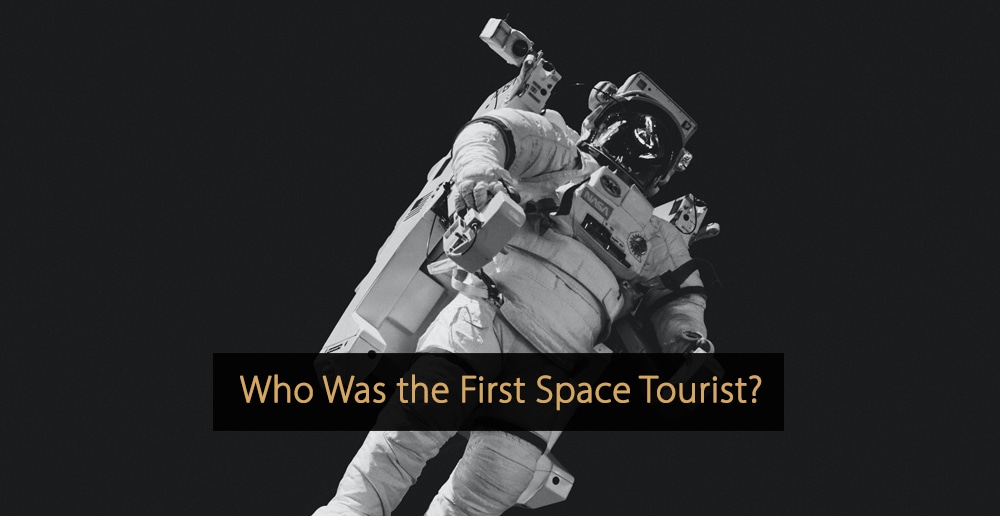



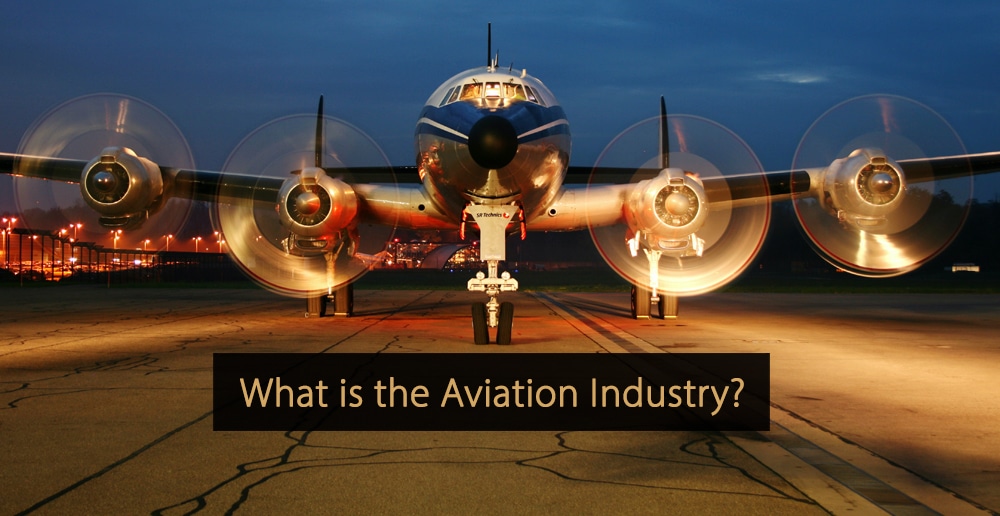
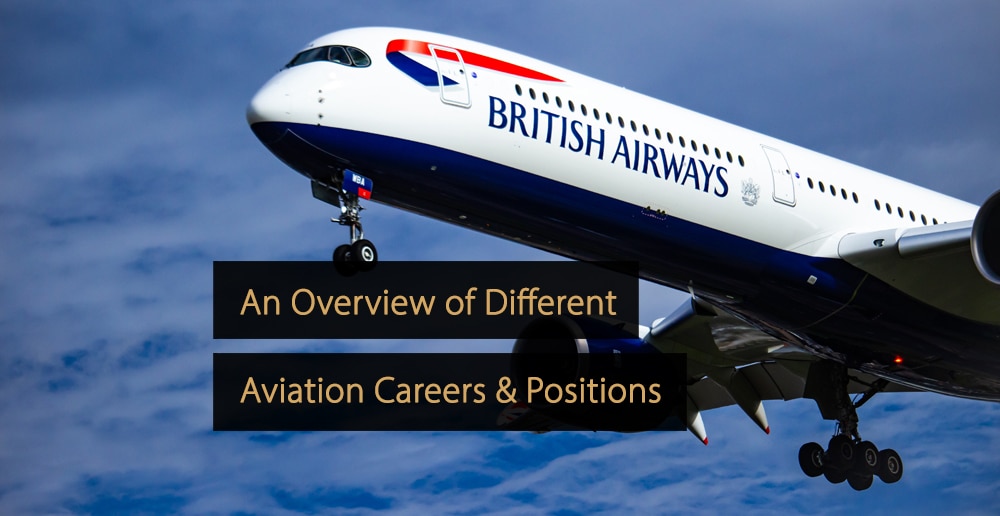
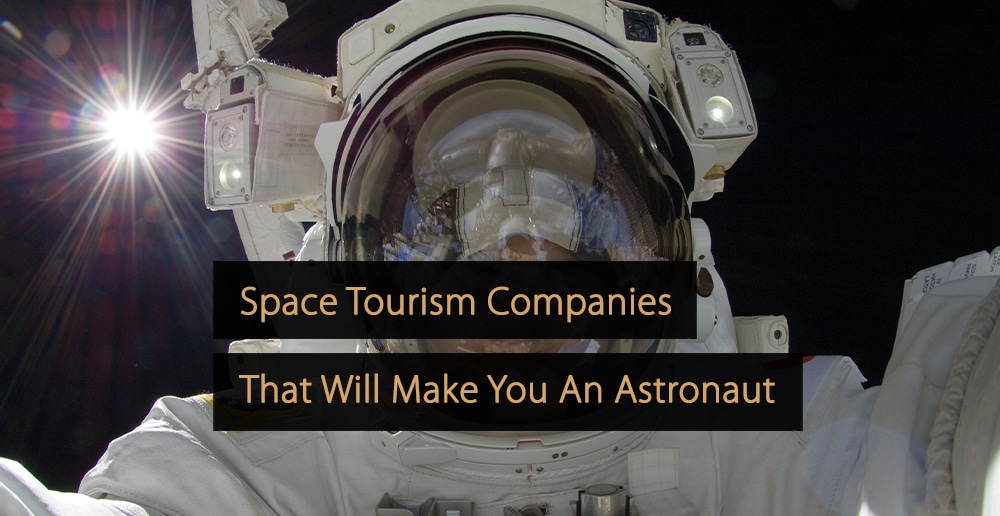
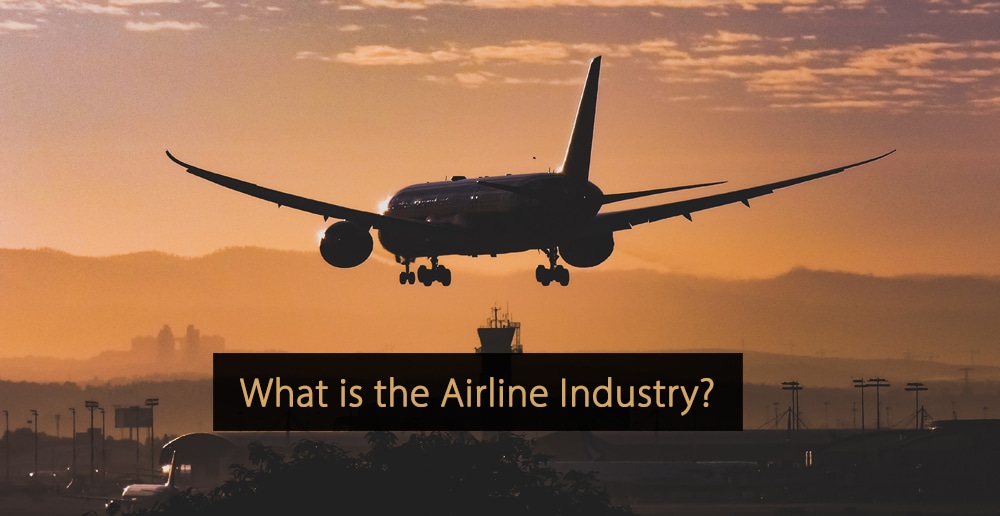
Leave A Comment